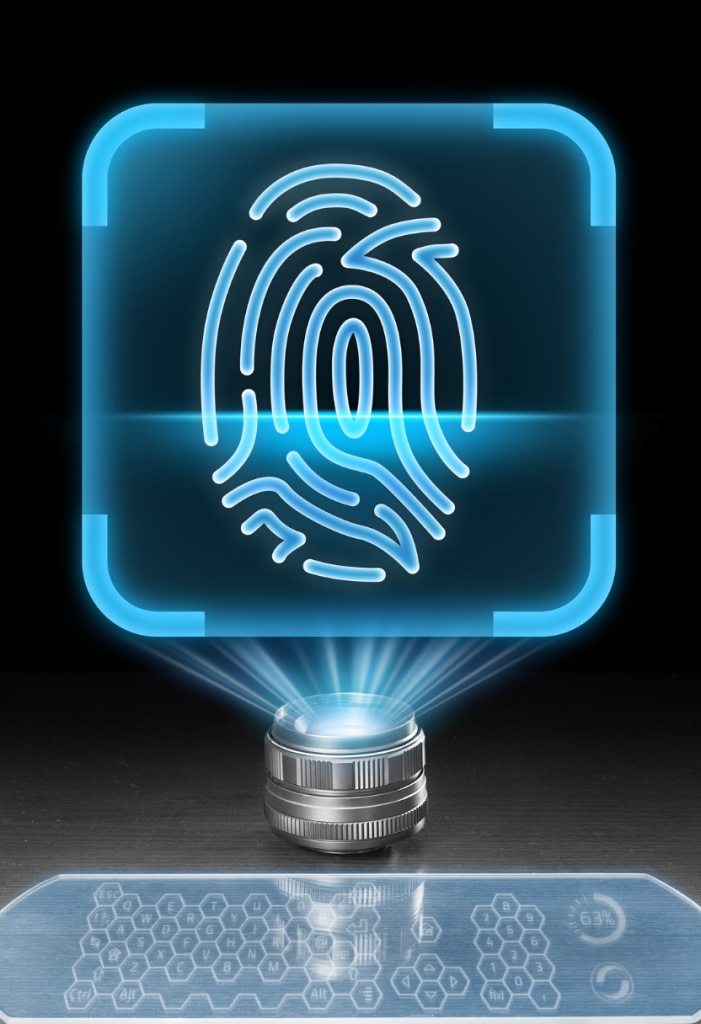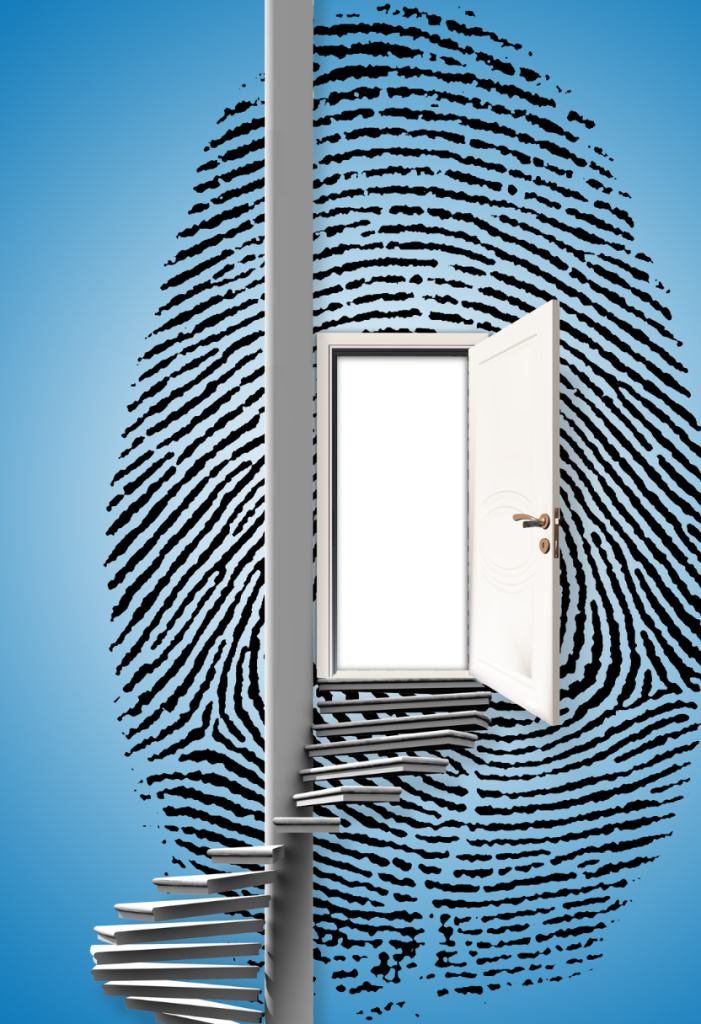Healthcare hiring requires more than a standard criminal background screen. Providers must verify licenses, check exclusion lists, and run detailed criminal history searches that go beyond the basics. One of the most important tools in this process is the BCI check. Yet many hospital administrators and clinic HR teams are unclear on what a BCI check actually is, what it includes, and why it matters for compliance.
This guide explains what a BCI check is, how it applies to healthcare organizations, and why relying on generic background checks can leave hospitals and clinics exposed to compliance risks.
BCI stands for Bureau of Criminal Investigation. A BCI check is a fingerprint-based criminal history search conducted at the state level. Unlike a name-only background check, which may miss records tied to aliases or out-of-state offenses, a BCI check is tied directly to biometric data.
In most states, BCI checks pull records from statewide criminal repositories, which typically include:
Felony and misdemeanor convictions.
Pending criminal cases.
Arrest records reported to the state system.
Because it is fingerprint-based, the BCI process is considered more accurate and reliable than a name-based background check alone.
Healthcare workers are placed in positions of extraordinary trust. Nurses, physicians, behavioral health technicians, and allied staff often have unsupervised access to patients, medications, and sensitive information. For this reason, many states require BCI checks as part of healthcare employment.
Hospitals and clinics rely on BCI checks to:
Meet state Department of Health regulations for direct patient care staff.
Satisfy licensing board requirements for clinicians.
Protect patients by ensuring individuals with disqualifying criminal records are identified before hire.
Demonstrate due diligence during accreditation audits (e.g., The Joint Commission, CARF).

A common point of confusion is the difference between a BCI check and an FBI check.
BCI checks pull criminal history records from a single state. They are fingerprint-based but limited to state-level data.
FBI checks access the national database maintained by the Federal Bureau of Investigation, covering multiple states.
In many healthcare roles, especially those involving vulnerable populations, both checks are required. For example, a hospital may run a state-level BCI check to capture local records and an FBI check to ensure no out-of-state offenses are missed.

Relying on generic or name-based background checks can create major gaps in compliance. Risks include:
Undetected criminal history: Name-based searches may miss records due to alias use or reporting inconsistencies.
Regulatory violations: State law often requires BCI checks for certain healthcare positions; skipping them can result in fines or lost licensure.
Accreditation findings: Auditors frequently review HR files to confirm fingerprint-based criminal checks were performed.
Patient safety exposure: Hiring someone with a disqualifying offense increases the risk of harm to vulnerable patients.
At Auradon Solutions, we make BCI checks seamless for hospitals and clinics. As the background check company for healthcare, we build state-specific BCI requirements into every screening package, alongside:
FBI fingerprint checks.
OIG and SAM exclusion list screening.
Professional license and board verification.
Occupational health screenings through nationwide partners like Quest, Labcorp, and Concentra.
Our bilingual English/Spanish support team ensures every step of the process is clear, compliant, and timely—helping providers hire with confidence while protecting patients and programs.
Ready to protect your workforce and your bottom line? Get started with Auradon Solutions now to customize your background screening process.

Join providers nationwide who trust Auradon Solutions for compliance, speed, and accuracy.
